Expert Neuroscience Care for the Diagnosis & Treatment of Brain, Spine, and Nervous System Conditions
McLeod Neurosurgeons, Neurologists, Pain Management Specialists, and clinical teams offer a comprehensive approach to the prevention, diagnosis, treatment, and rehabilitation of brain, spine, and nerve disorders. Compassionate medical care is delivered while utilizing state-of-the-art technology, advanced diagnostics, innovative procedures, and minimally invasive techniques to improve the lives of patients. The McLeod Neuroscience team of medical experts are committed to providing high-quality neuroscience care.
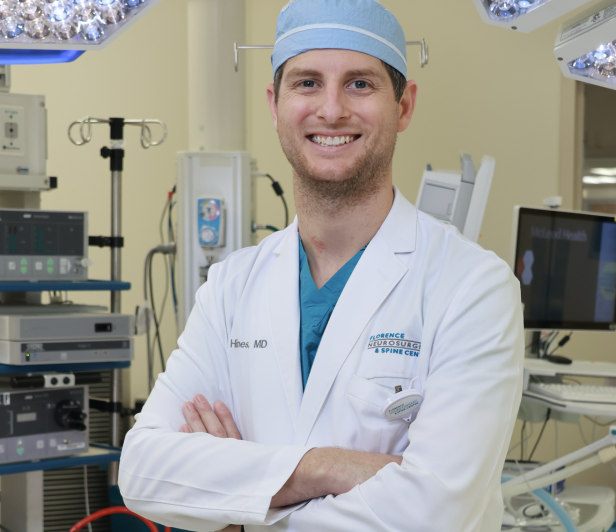
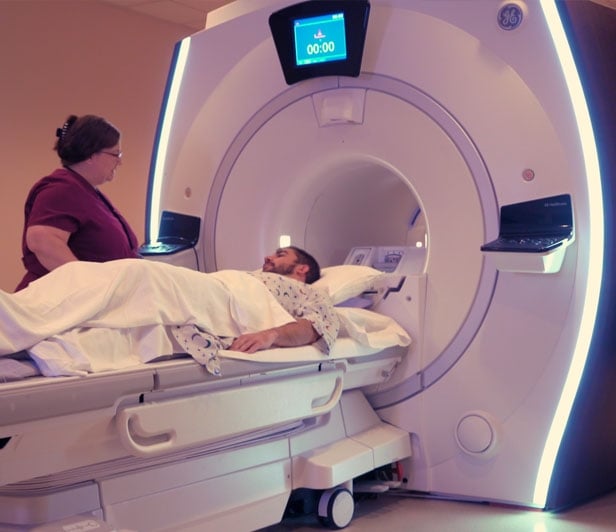
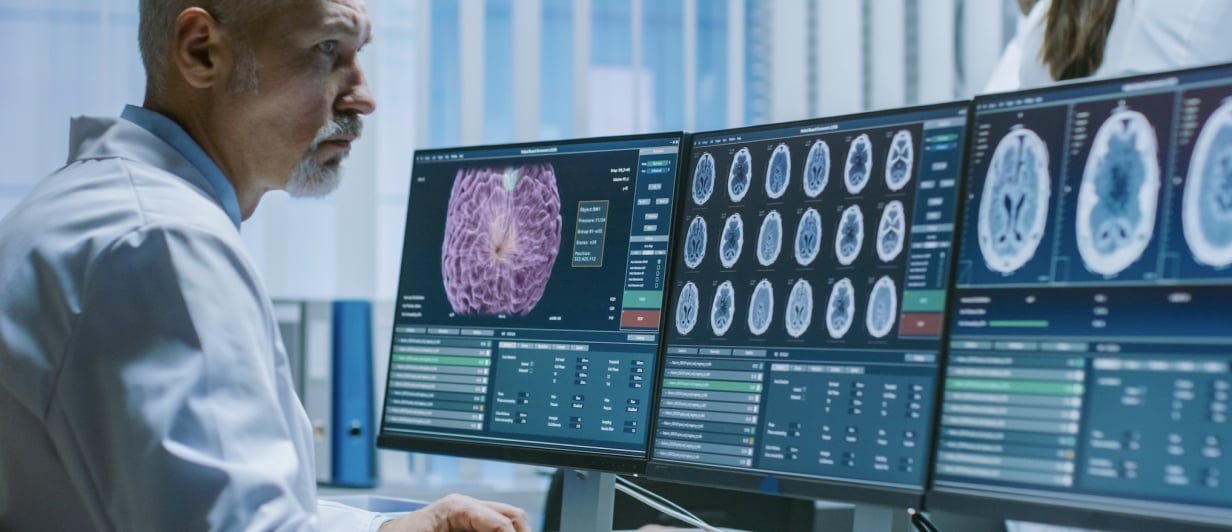
-
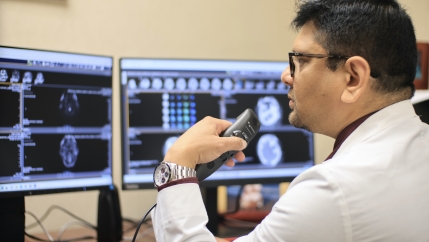
Complex, Often Chronic Diseases Involve A Neurologist
Neurology deals with the body’s complex nervous system responsible for sending and retrieving information from all areas of the body. The Central Nervous System deals with the brain and spine, while the Peripheral Nervous System includes internal organs, muscles, and glands. If the patient requires surgery, the neurologist will refer the patient to a neurosurgeon. A neurologist diagnoses and treats disorders, including:
- Stroke
- Multiple sclerosis
- Headache disorders, Sleep disorders
- Seizure disorders, including epilepsy
- Alzheimer’s disease, Parkinson’s disease
- Amyotrophic lateral sclerosis (Lou Gehrig’s disease)
- Brain and spinal cord injuries and disorders
What is a TIA?
A transient ischemic attack (TIA) is a mini-stroke. Stroke symptoms of a TIA usually last less than one hour. While TIAs generally do not cause permanent brain damage, they are serious warning signs of a stroke and should not be ignored.
The symptoms of a TIA and stroke are basically the same. Someone having a TIA or stroke may experience one or more of the following symptoms that usually come on suddenly:
Numbness or weakness of the face, arm, or leg, especially on one side of the body
Confusion, trouble speaking or understanding
Trouble seeing in one or both eyes
Trouble walking, dizziness, loss of balance or coordinationIf you have any of these symptoms or witness them in someone else, call 911 or have someone take you to the hospital immediately. Treatment can be more helpful if given quickly.
Close -
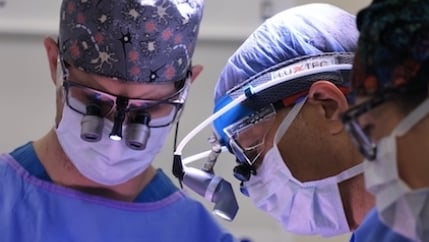
Neurosurgical Care for the Diagnosis and Treatment of Brain and Spine Conditions
Neurosurgery encompasses the injuries, disorders and diseases concerning the brain, spinal cord, spinal column and peripheral nerves throughout the body. At McLeod Health, our exceptional team of Neurosurgeons provide a comprehensive approach to the diagnosis and treatment while utilizing the most advanced approaches and techniques.
READ MORENeurosurgeons help patients with:
- Head and spine trauma
- Brain or spinal tumors
- Abnormalities of the spine
- Cerebrovascular disorders, such as aneurysms of the brain
- Trigeminal neuralgia
- Spinal disorders, such as herniated discs in the back and neck
- Abnormalities of the peripheral nerves, such as carpal tunnel and ulnar and vagal nerves
-
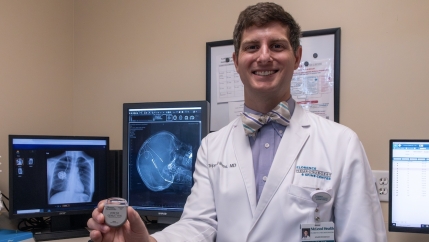
Deep Brain Stimulation
Living with conditions such as Parkinson’s disease and essential tremor can make daily life challenging. Medication, therapy, and tremor control devices are a few treatment options to help manage symptoms. Another option is a surgical treatment performed by a neurosurgeon called Deep Brain Stimulation, also known as DBS. Using electrical stimulation, DBS works by regulating the abnormal signals in the brain. Thin wires called electrodes are placed in the brain, and a device, similar to a pacemaker, is inserted in the chest. The device sends mild electrical impulses to the electrodes, stimulating the areas of the brain that control movement.
READ MORESome of the benefits include:
- reduction in the severity of tremors
- decrease in the amount of medication needed
- increase in mobility
- improved quality of life
Deep Brain Stimulation is not for every patient, nor is it a cure for movement disorders. However, it can significantly help patients become more active, improving their quality of life. The McLeod Neurosurgery team carefully evaluates patients to determine if they are candidates for DBS. When used with the right patient, DBS can be highly successful.
For additional details, click here.
Close -
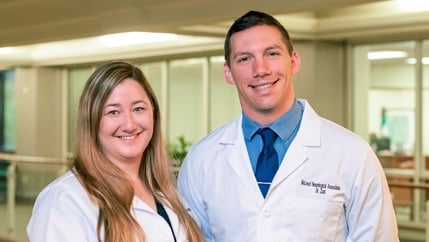
Neurology’s Goal: Helping the Patient Lead a Healthier and Better Quality of Life
A Neurologist can act as a principal care provider or consultant to another physician. To aid in the diagnoses and treatment, the Neurologist might perform a neurological exam to test functionality, including muscle strength and movement, balance, reflexes, coordination, memory, vision, and speech. Patients with sleep disorders may require a sleep study. In addition, tests, including CT scans, MRIs, electroencephalography (EEG), and electromyography/nerve conduction velocity (EMG/NCV) studies, can provide further information. Neurologists are available at our Florence and Little River locations. Physician referrals are required.
-
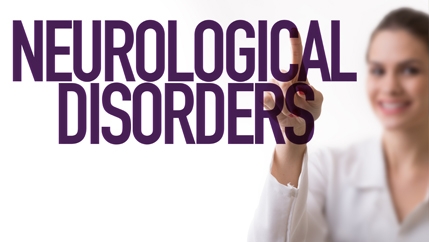
Helping Patients with Neurological Disorders
At McLeod Outpatient Rehabilitation, we are dedicated to helping patients with Parkinson’s disease limit the symptoms of the disease and improve their function.
The Parkinson’s Rehabilitation program is offered by specially trained and certified Physical Therapists and Speech Language Pathologists. Our goal is to help patients develop lifelong habits of improved communication and movement to improve quality of life and build confidence.
READ MORETherapy programs specific to Parkinson’s disease are clinically proven to be effective in improving speech and movement. These programs have been developed and researched for more than 20 years with funding from the National Institutes of Health. Individuals in all stages of Parkinson’s disease can be empowered to improve, keep moving, and stay active through lifelong habits.
Other conditions also respond to this treatment approach including:
Stroke
Multiple Sclerosis
Cerebral PalsyThe Parkinson’s Rehabilitation Program includes:
- Individual or group exercise sessions
- Daily exercises to practice at home
-
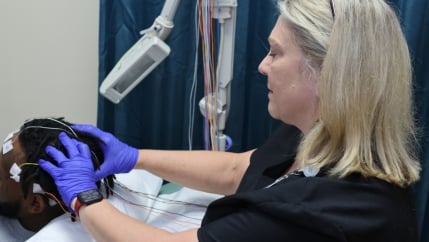
Epilepsy Awareness Videos
Epilepsy is a brain disorder that involves reoccurring unprovoked seizures. Epilepsy is not rare and can occur as a single condition or with other conditions affecting the brain, such as cerebral palsy, stroke, or traumatic brain injury.
The onset of epilepsy is most common in children and older adults, but it can occur at any age. Those with a family history of epilepsy may be at an increased risk of developing a seizure disorder. Watch these informational Epilepsy videos from McLeod Neurologist Dr Nicole Hogan.
-
McLEOD REGIONAL MEDICAL CENTER FLORENCE
843-777-2000 -
McLEOD DARLINGTON
843-777-1100 -
McLEOD DILLON
843-774-4111 -
McLEOD LORIS
843-716-7000 -
McLEOD SEACOAST
843-390-8100 -
McLEOD CHERAW
843-537-7881 -
McLEOD CLARENDON
803-433-3000



-
McLEOD REGIONAL MEDICAL CENTER FLORENCE
843-777-2000 -
McLEOD DARLINGTON
843-777-1100 -
McLEOD DILLON
843-774-4111 -
McLEOD LORIS
843-716-7000 -
McLEOD SEACOAST
843-390-8100 -
McLEOD CHERAW
843-537-7881 -
McLEOD CLARENDON
803-433-3000
 Find a Doctor
Find a Doctor  Locations
Locations  Services
Services